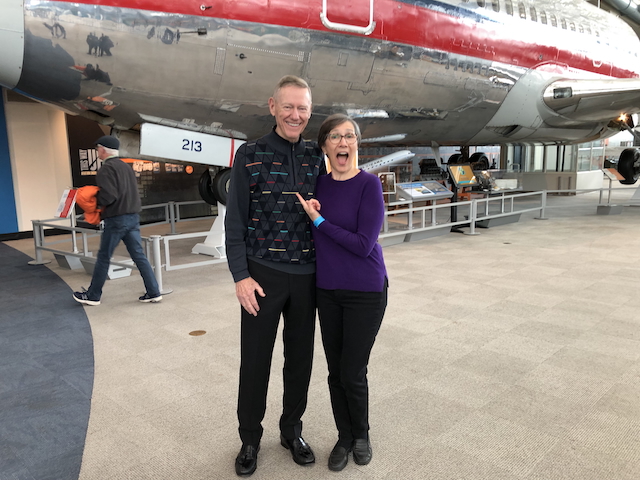
“A company is stronger if it is bound by love rather than by fear,” the late Herb Kelleher, co-founder, CEO, and Chairman of Southwest Airlines, once said.
When Kip Tindell, retired co-founder and Chairman of The Container Store, first heard Kelleher’s declaration more than 40 years ago, he was, in his own words, “completely taken by it.” In Uncontainable, Tindell explains how he and his leadership team intentionally built an “employee-first” culture that reflected love—and he credits that culture as a major source of the company’s success.










